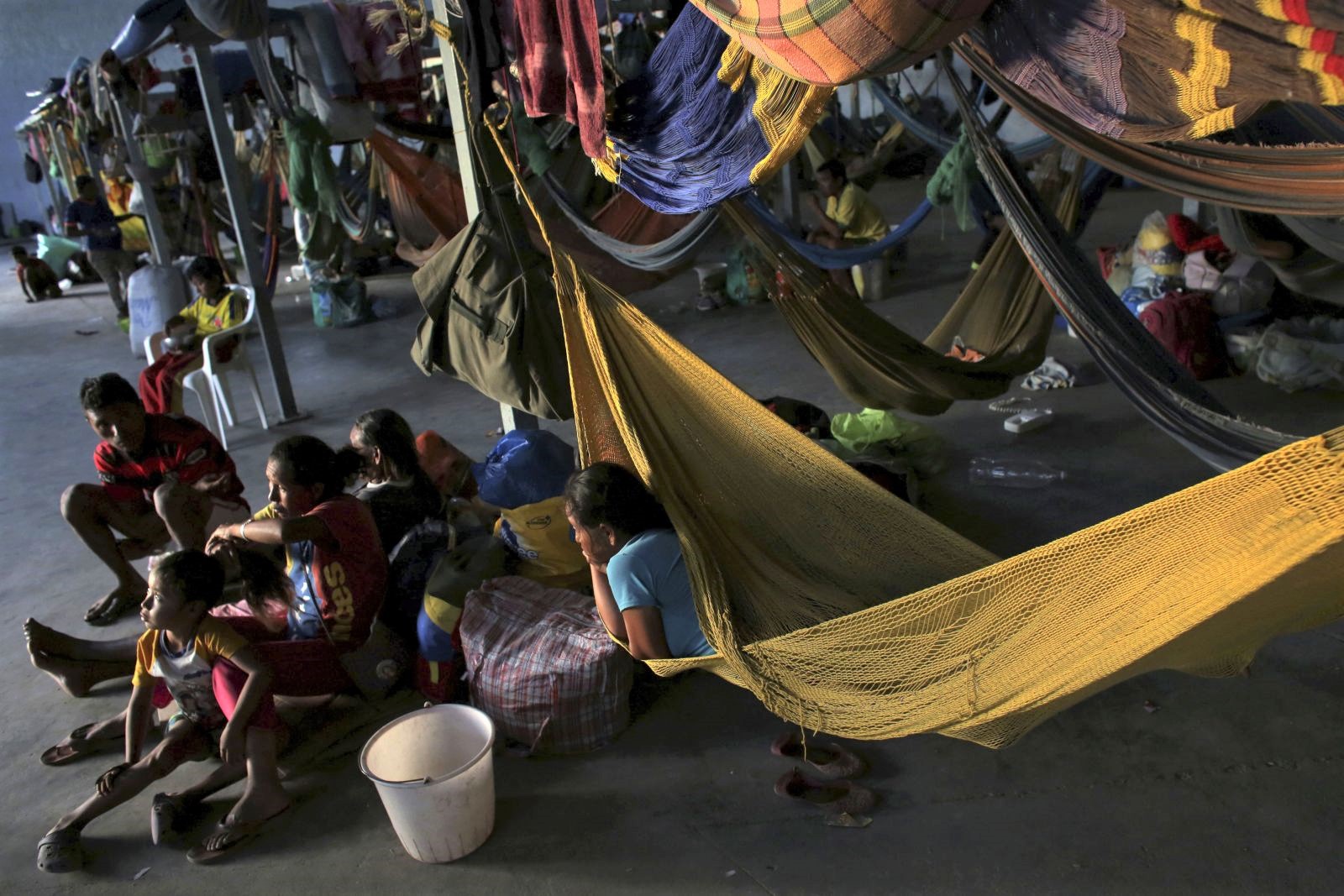Trade and migration
Fighting the causes of flight

Other factors – including war and climate change – are probably more important for migration decisions, but trade can make a difference too. A recent report published by the German Institute for International and Security Affairs (SWP) examines the interrelationships.
According to Eva Schmieg, the author of the study, migration always has a positive effect on trade. Moreover, it deepens trade relations between the countries people left and those where they reside. Migrants make exports and imports increase, especially in the host country. This is especially true of highly qualified people who are also particularly mobile. On the other hand, the countries of origin suffer considerable “brain drain”. They lose tax revenues as well as the investment made in educating and training migrants.
Sub-Saharan Africa is particularly affected by brain drain. Schmieg points out that more than 20 % of the people who graduated from universities in sub-Saharan Africa now live in industrial countries. On the other hand, they are an important source of capital. A welcome side effect of their remittances and investments at home, moreover, is the transfer of knowledge and technology (also note Sabine Balk in the Monitor sector of D+C/E+Z e-Paper 2019/10).
According to the SWP study, trade agreements can thus have positive as well as negative impacts on migration. Although a country’s openness is an important factor for economic growth, world market integration does not automatically reduce poverty. After all, economic change may also cause unemployment and even the collapse of entire sectors. The people affected are then likely to move abroad in hope of better opportunities.
But even if world-market integration leads to higher incomes, that trend may initially fuel migration. As Schmieg points out, people are only able to migrate once they reach a certain level of prosperity. In the long term, however, new trade flows and growth are likely to lead to less migration. Therefore, trade agreements should be designed in ways that they help to bring about sustainable growth in developing countries. World-market integration must go hand in hand with redistribution through social-protection policies and cushion off the negative impacts.
The EU has concluded Economic Partnership Agreements with African regional organisations. According to the author, they largely meet the requirements of sustainable development, but she sees room for improvement in many areas. For example, the agreements have so far been limited primarily to trade in goods. They hardly mention migration. Moreover, services have been excluded up until now. Ecological and social aspects of trade and economic activity could be incorporated into all existing trade agreements, Schmieg argues, and renegotiations at eye level between all parties involved could bring about the desired results. Well balanced trade agreements would contribute to sustainable development and thus reduce causes of flight in the long term.
Gerd Müller, the federal minister for economic cooperation and development, sees an urgent need for action as well. In the course of Germany’s presidency of the EU, he is calling for a complete overhaul of trade relations between the EU and the African Union. In a recent interview, he told the German newspaper Handelsblatt that this “EU-Africa Pact” should contain four key aspects:
- It should focus on the fight against hunger and poverty.
- The EU should extend its planned Green Deal to Africa.
- The pact is to include an agreement on security and migration.
- It should include a new approach to fair trade.
References
Müller, G., 2020: “Der EU-Afrika-Pakt muss ein Jahrhundert-Vertrag werden” (“The EU-Africa Pact must become a treaty of the century” – in German only). Interview in the German newspaper Handelsblatt, 10.01.2020.
Schmieg, E., 2019: Zusammenhänge zwischen Handelspolitik und Migration. Ein Aktionsfeld für die EU (“Links between trade policy and migration. A field of action for the European Union” – in German only). Berlin, Stiftung Wissenschaft und Politik. SWP-Studie 22.
https://www.swp-berlin.org/fileadmin/contents/products/studien/2019S22_scm_Web.pdf













